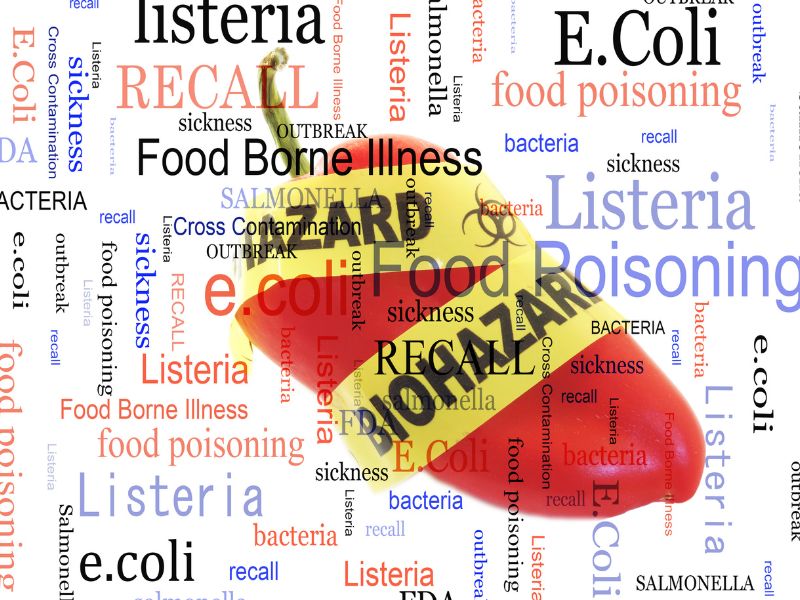When a fast-food customer gets food poisoning, the news travels faster than wildfire.
In the age of social media, a food contamination scare can deeply damage a brand’s hard-won image in a matter of hours, and regaining customers’ trust can be a slog. A look at how McDonald’s and Chipotle handled damaging outbreaks shows the value of a swift, transparent response and an aggressive investment in positive messaging to eclipse the bad news.
After an E. coli outbreak tied to onions on McDonald’s Quarter Pounder sickened 104 people and killed one customer last year, the chain said it would spend $65 million to help the franchisees who were most directly harmed and an additional $35 million on marketing. The company is stepping up Value Meal promotions, initiating an Every Day Affordable Program, and promoting full-margin packages, including its Collector’s Meal. The company is also expanding its loyalty program and online ordering systems.
Chipotle’s top brass took similar steps after a series of food-contamination outbreaks between 2015 and 2017 crushed the chain’s image and forced the closing of 43 stores. After hiring a new CEO, Brian Niccol, away from Taco Bell, Chipotle mounted an aggressive marketing campaign, focusing on its fresh ingredients and restaurant-style preparation techniques. The chain hired a respected director to film a documentary in its kitchens and used it to promote its food preparation practices.
Niccol flooded marketing channels with promotions of new menu items, online ordering, and delivery deals. By 2019, consumers had mostly forgotten the food-poisoning scare. By the time Niccol left Chipotle to head Starbucks last August, he was regarded as an industry superstar.
In addition to being prepared to handle allegations of foodborne illness, operators must be vigilant in preventing such problems. Pressure to speed up delivery and drive-through service can tempt employees to take food-handling shortcuts. Training them in safe practices can prevent cross-contamination of kitchen surfaces and implements. Some companies, including Taco Bell and Arby’s, use electronic scanners to detect contaminants remaining on employees’ hands after washing. Also, some restaurants have added paid sick leave to encourage ailing employees to stay home.

